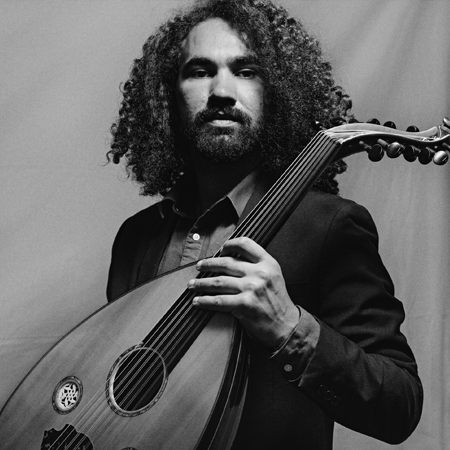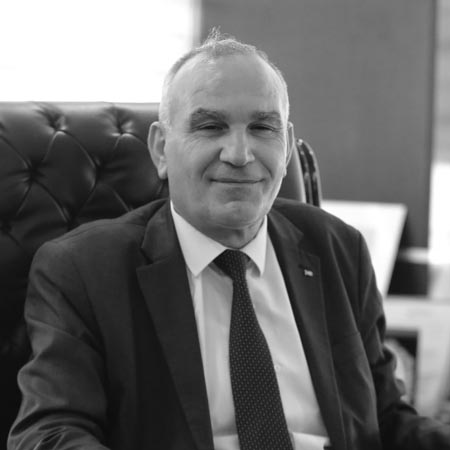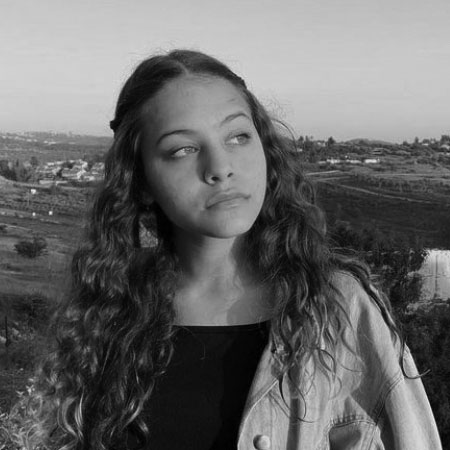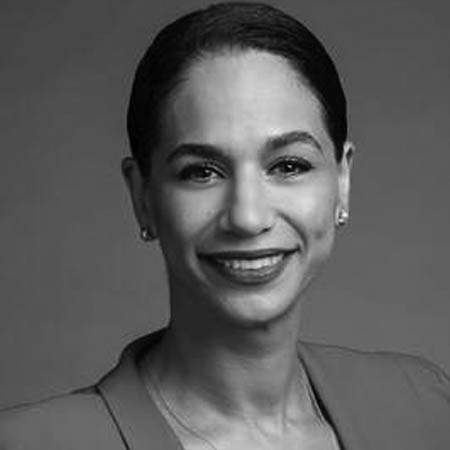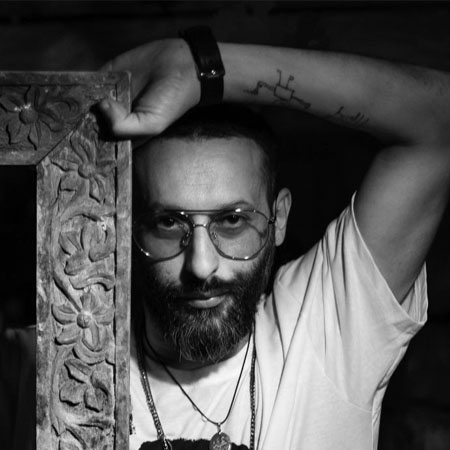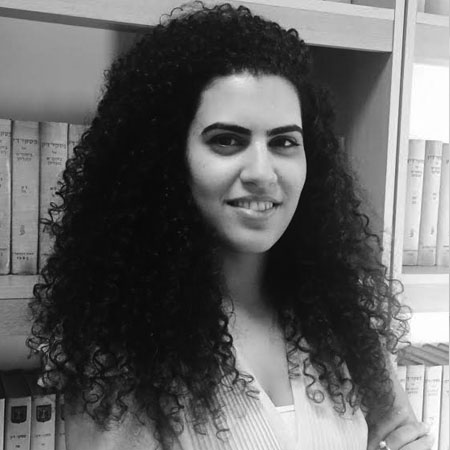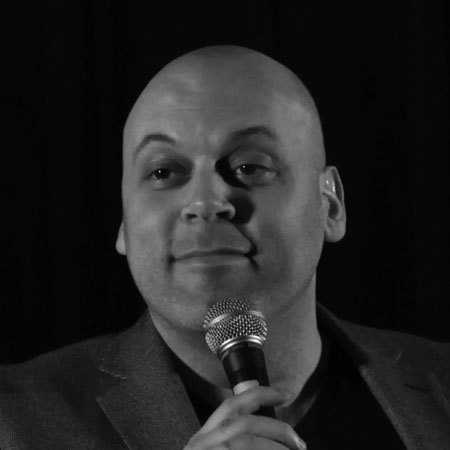First Session: Medical Records: Right to Access and Privacy Breaches
The COVID-19 pandemic has contributed to unveiling loopholes in Palestinian legislation. Throughout their struggle, over the past fifteen years, to pass an Access to Information law, Palestinians found themselves eye to eye with the dilemma of violating their right to privacy and the lack of minimum protection for their medical data. This impasse opened the door for many questions, such as what information are Palestinians entitled to access? How is their data processed? Who are the authorities who access citizens’ information? In addition to many other questions that remain unanswered. We also explore how the World Health Organization (WHO) approaches the privacy and protection of medical data globally. What steps has the WHO taken to raise the awareness of health institutions during the pandemic to protect patients’ privacy? What are the best practices embraced globally to preserve privacy and user data? The answer to these questions will help us understand the need for legislation on the right to privacy and data protection in Palestine!
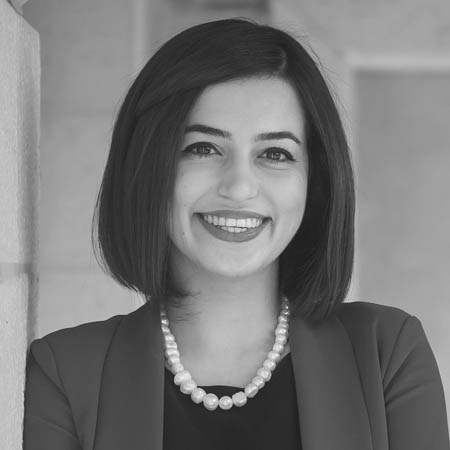
Mona Shtayya |
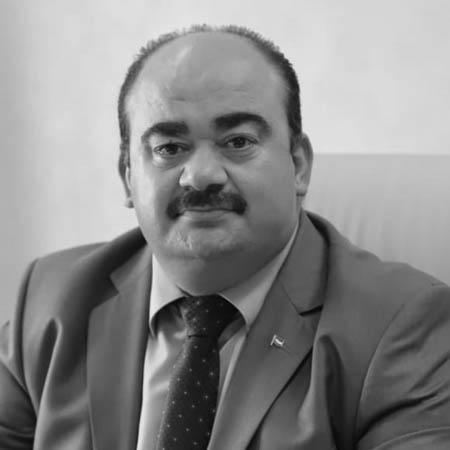
Wesam M. Sbehat |
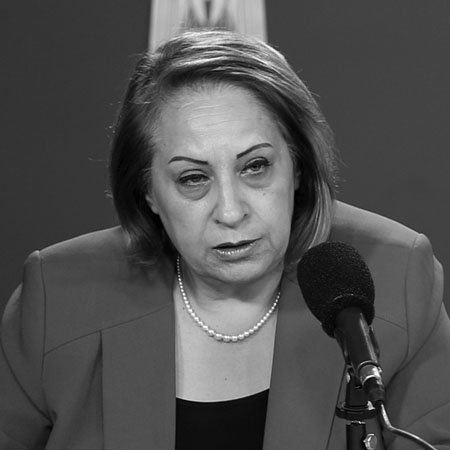
Shatha Odeh |
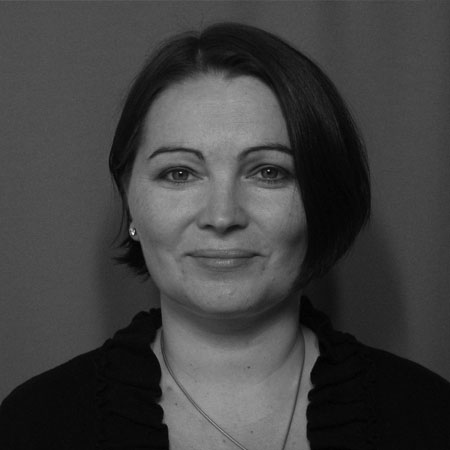
Gun Peggy Knudsen |
Inspirational Speaker
Jana Jihad will share with us her experience of using her mobile phone to document the Israeli army’s incursions into her town, Nabi Saleh, north of Ramallah. Jana will talk about how these materials and video clips became viral around the world, winning her the title of the Youngest Registered Journalist holding a press card in the world. She travels from one country to another to talk about issues of her country’s children and narrate their suffering due to the occupation.
Second Session: Misleading News: A Constant War Against Awareness
People often tend to spread misleading and fake news much more than real information, due to the power of misinformation to evoke emotions of fear and/or shock amongst readers and followers; additionally,it sometimes increases interaction and traffic on social media. These conclusions were asserted by a study conducted by three researchers at the Massachusetts Institute of Technology in 2018. For example, they found that it takes factual stories about six times as long to reach 1,500 people as it does for false stories to reach the same number. Such insights highlight the need to understand the ecosystem of communication over the internet. Misleading information and false stories find hotbeds in easily accessible social media to spread via a great many means such as tablets and smartphones with almost negligible costs and control. This session helps us explore and understand the effort exerted by social media, governments, and organizations in combating misinformation, shedding light on how misinformation is often used to infringe on digital rights, especially rights of expression and opinion.

Lana Dighish Shaheen |
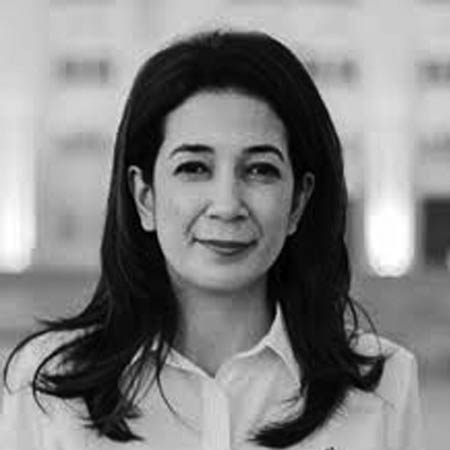
Abeer AlNajjar |
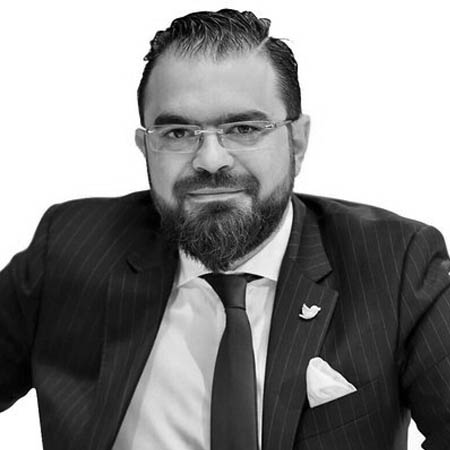
George Salama |
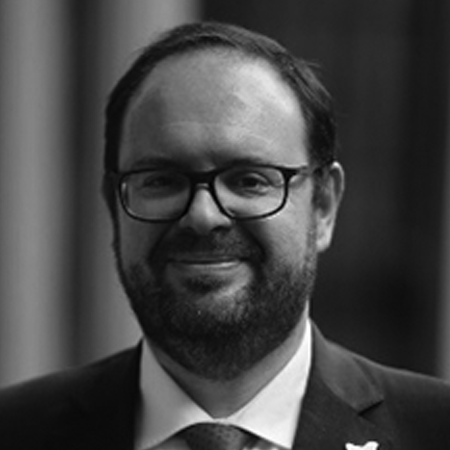
Guilherme Canela |
Workshop(Coinciding): Documenting Occupation Digitally: Palestine VR (Virtual Reality)
This event will feature virtual reality tours led by the PIPD team that will walk through selected cities of Palestine to exhibit the ways in which occupation and apartheid manifest geographically and physically. The workshop aims to provide the audience with the command of navigating the Palestine VR tours themselves and to share them with their communities to raise awareness
Third Session: From Screen to Streets: The Future of Arab and Palestinian Digital Activism
For about a decade, the Arab Spring began utilizing social media tools to mobilize people before taking to the streets. By the same token, activists utilized these platforms to mobilize, lobby, organize, and influence the region’s people. At present times, particularly over the past two years, governments have become more aware of social media’s instrumentality. Therefore, they extended their apparatus of repression to cyberspace by blacking-out the internet, detaining digital activists, and influencing the policies of such platforms. Despite these measures, governments could not entirely prevent activists from using these platforms to mobilize and organize local communities, and make their voices heard by international outlets and activists. This session presents a comprehensive overview of digital activism across the Arab region with a particular focus on Iraq over the past year and Lebanon and the October Revolution. It also discusses the integration of mobilization via the internet and on the ground, and how both complement each other.
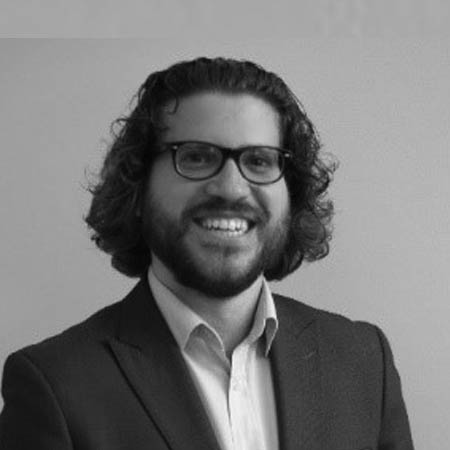
Alaa Tartir |
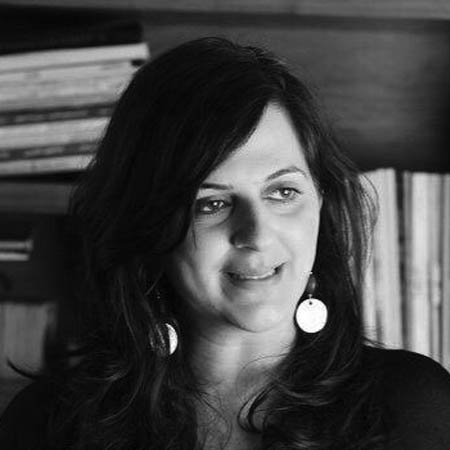
Neveen Abu Rahmoun |
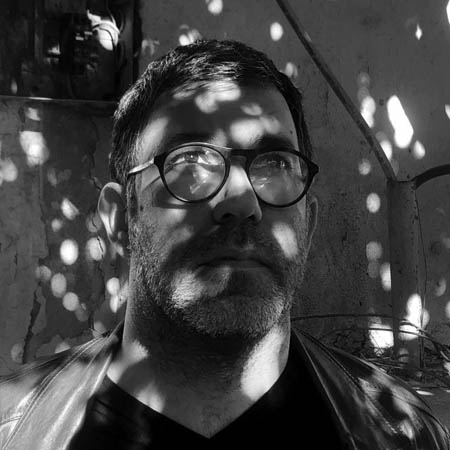
Mohamad Najem |
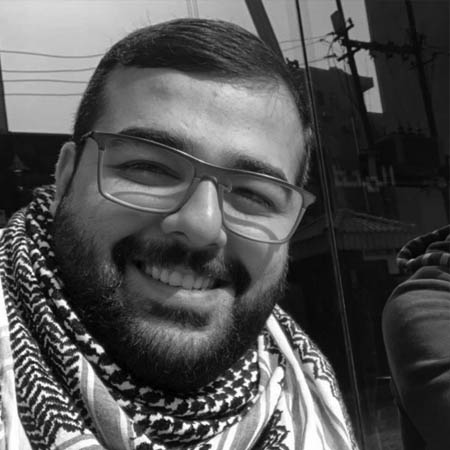
Hayder Hamzoz |
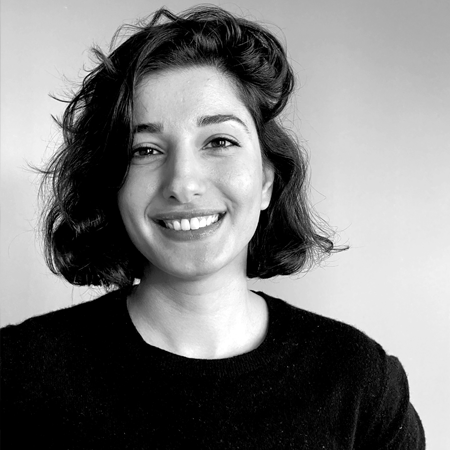
Marwa Fatafta |
Award Ceremony: Best Palestinian Digital Campaign
In honor of the efforts devoted by Palestinian activist and entrepreneurial groups and organizations, who were able to launch succesful digital campaigns to support their respective areas of work, 7amleh – the Arab Center for the Advancement of Social Media, will announce the Best Palestinian Digital Campaign 2020 Award, in the fields of human rights advoacy and awareness-raising, on the first day of the Palestine Digital Activism Forum (PDAF) 2021. The award targets campaigns that were able to create a positive social impact, and aims to shed light on the successful campaigns that emerged during the COVID-19 pandemic, as digital platforms became important instruments for institutional and human rights activism.
Webinar: Artificial Intelligence: Bias, Racism, and Social Change
A simplified introductory workshop on artificial intelligence and machine learning: how does this technology work? What are the prospects of this technology? How can it contribute to social change? The event presents the problems that might emerge from such technologies in various fields and how its programming might result in bias or racism.
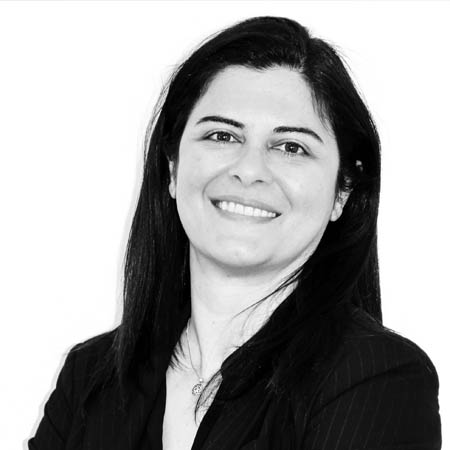
Angelique Abboud |
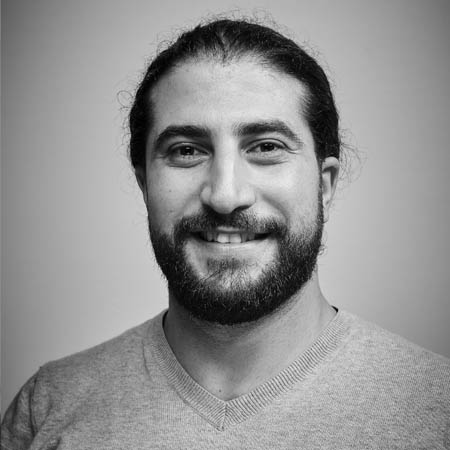
Akram Dweikat |
Workshop:Instagram for Social Good
This workshop, presented by the Head of Strategic Partnerships at Instagram in the MENA region, helps us learn the best practices for building a community through the Instagram platform while learning the tactics and mechanisms to reach new audiences and increase the involvement and participation of your followers through this platform.
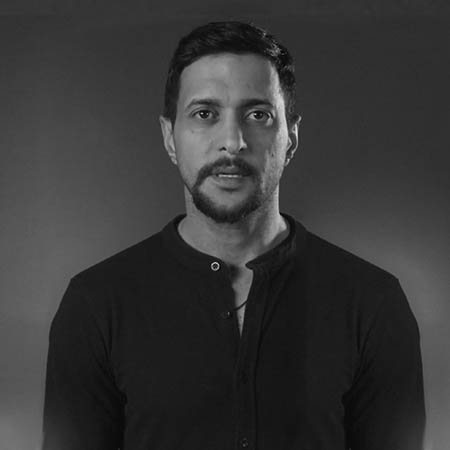
Mustafa Qablawi |
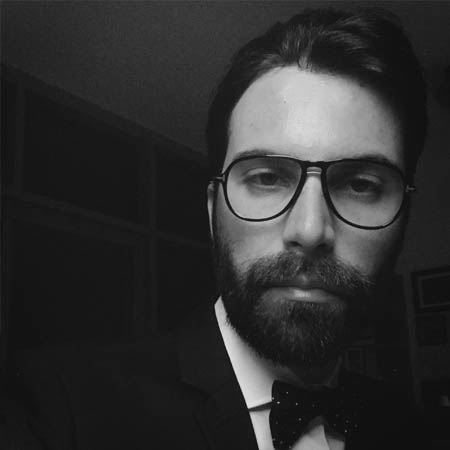
Samer Jamal |
First Session: Palestinian Narrative in the Digital Age
The Palestinian narrative has been subject to systematic distortion since the 1948 Nakba. The allegations of a land without people and that the Palestinian-Israeli conflict is religion-based grabbed attention and spread across international media. This propaganda created stereotypes of the Palestinians and their cause. With the spread of social media and the global surge in their use, Israeli discrimination and persecution against Palestinians have crawled into the digital space. The Israeli government has systematically endeavored to track and erase the Palestinian content on the internet through various means. However, many Palestinian organizations and initiatives find in cyberspace and social media an ample window of opportunity to spread and publish Palestinian narrative and untold stories across international media dominated by the Israeli allegations. Therefore, this session serves a pulpit for Palestinian organizations and initiatives – working on safeguarding and spreading the Palestinian narrative with all its political, social and rights-related texture and nuance– to present their experience in creating such content and discuss the challenges the faced along the way.
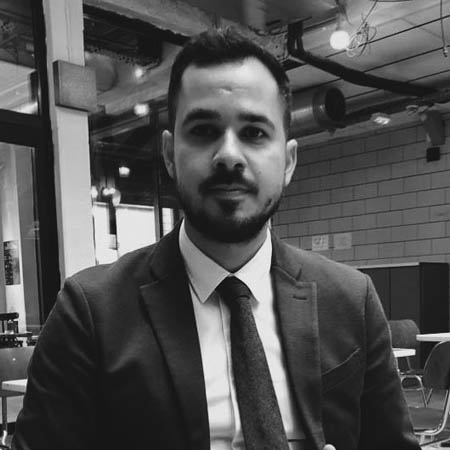
Salem Barahmeh |
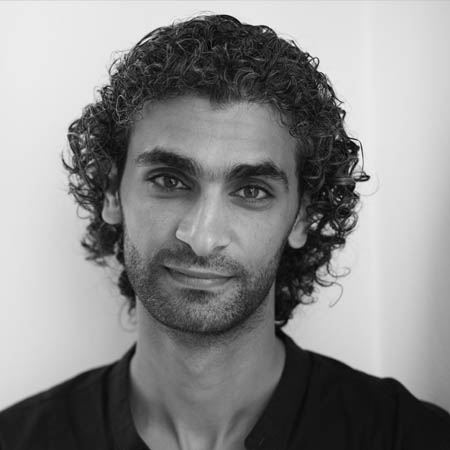
Qassem Massri |
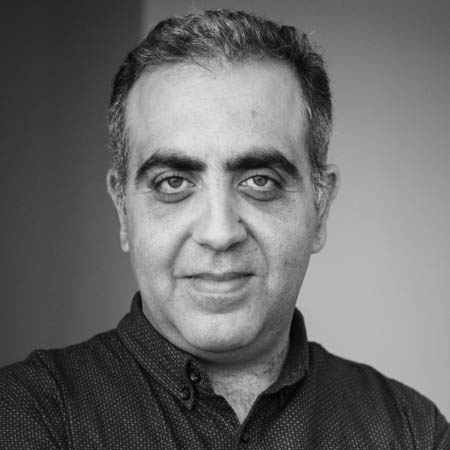
Eyad Barghuthy |
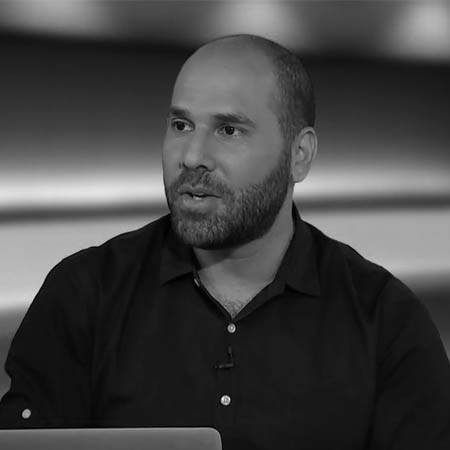
Omar Baddar |
Second Session: The Cat is Out of the Bag - Responding to Surveillance Technologies in Palestine and Around the Globe
Under the pretext of the pandemic, most countries worldwide have used different surveillance technologies, either to track phone locations, facial recognition, drones, heat cameras and many other mechanisms. In Palestine, people had been more familiar with this kind of technology due to the Israeli military occupation use of these technologies to be tested on Palestinians before selling it to other regimes. Over this session, we are supposed to focus on the profiting from surveillance technologies. The intersectional struggle between people in the world to resist these privacy violations against them will also highlight how the pandemic has been shortened many years to spread surveillance technologies against people. Finally, we will try to put forward a set of recommendations on the future outlook to combat this type of privacy violation.

Alison Carmel |
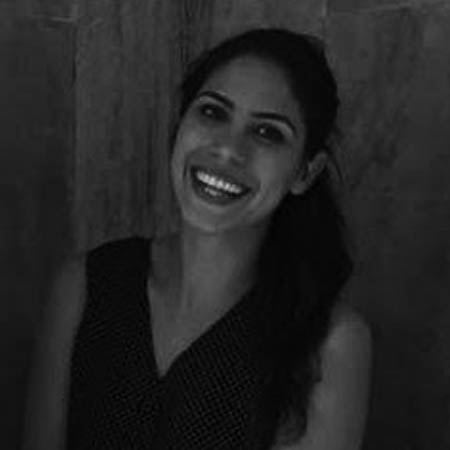
Riya Al’Sanah |
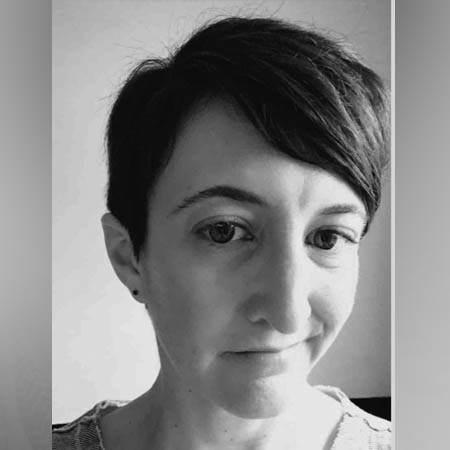
Sonya Meyerson-Knox |

Samuel B Jones |
Third Session(Coinciding): Data Protection in the Arab Region
Privacy and data protection stand to be problematic in the Arab region due to the lack of data protection legislation or inadequate legal framework. This situation increased individual digital rights violations, specifically the right to privacy, as authorities and regimes misuse personal data and make them accessible by state security services without notifying the users or obtaining their consent. Therefore, this session sheds light on privacy and data protection in the Arab region, providing examples from Egypt, Jordan and Palestine to showcase the fate of the citizens’ right to privacy and data protection.
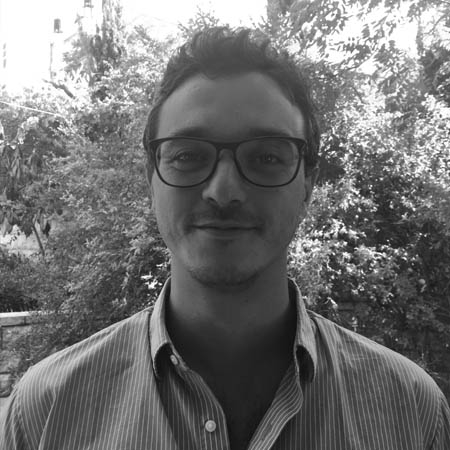
Saleh Hijazi |
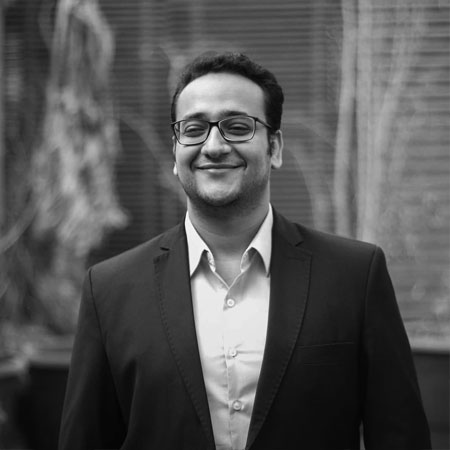
Hassan ElAzhary |
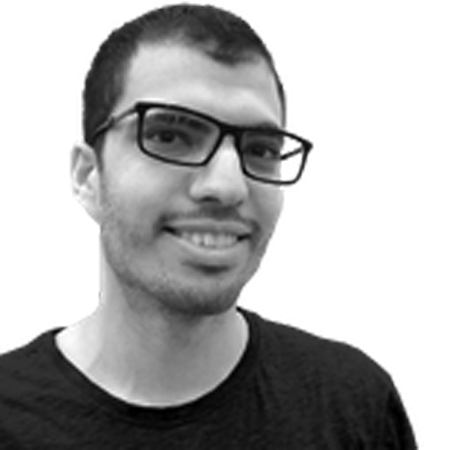
Qusai Suwan |
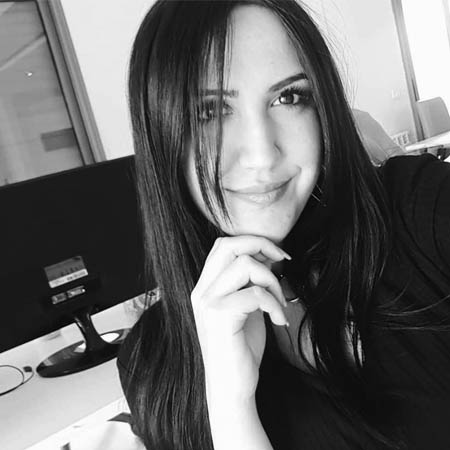
Dima Samaro |
Inspirational Speech: Communicating Palestine
The “”Communicating Palestine”” project searches for new and creative ways to convey the Palestinian reality to the world through international media. Iona Vieira and Inas Abdel Razek will show us how this project uses digital narration to representPalestinians wherever they are and tell their narratives.
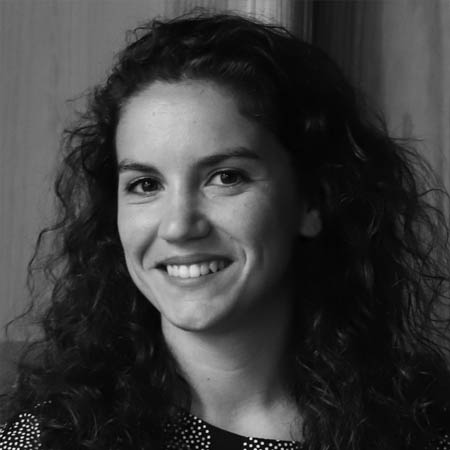
Ines Abdel Razek |
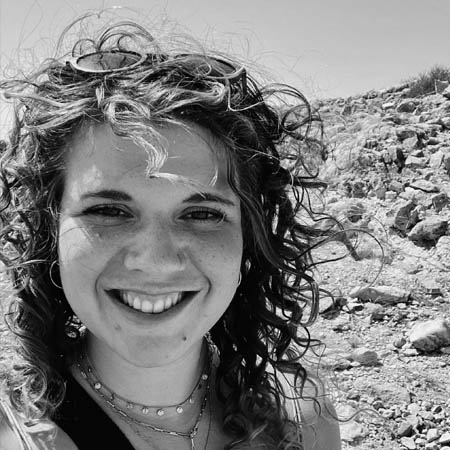
Iuna vieira |
Fourth Session: Content Moderation Q&A Session with Facebook
Palestinians constantly criticize the policies of social media platforms and consider them unjust and biased at times. Hence, PDAF invited Facebook representatives to discuss the policies, strategies, and tools used by FB to manage the Palestinian content on the platform. Should you have any questions concerning the FB policies governing the Palestinian content, please frame them ready to be raised at the session.
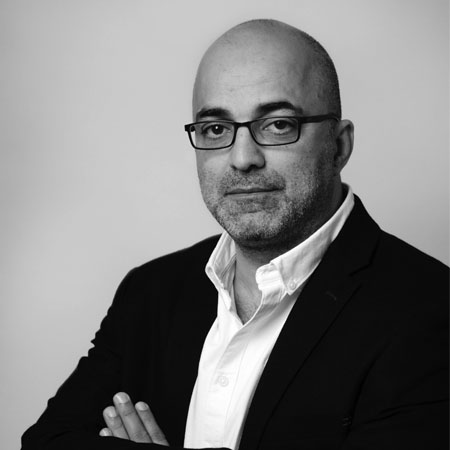
Nadim Nashif |

Dina Hussein |
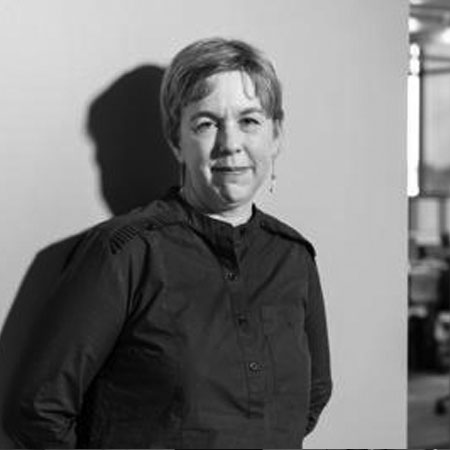
Miranda Sissons |
First Workshop: Digital Advocacy
Despite the prevalence of social media and digital tools, the unorganized unsystematic utilization of such means in advocacy fails to bring any noticeable effect into fruition as long as it is not embedded in digital advocacy rules and tactics. Having that noted, the digital advocacy workshop focuses on core hands-on digital strategies, tools and tactics that can help the missions of our Palestinian institutions and initiatives’ advocacy campaigns be complete and their voices be heard.
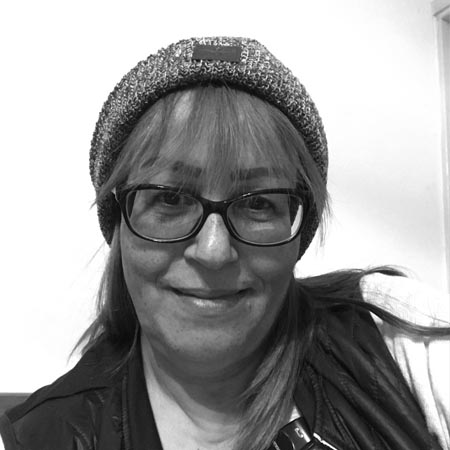
Dua’a Qurie |
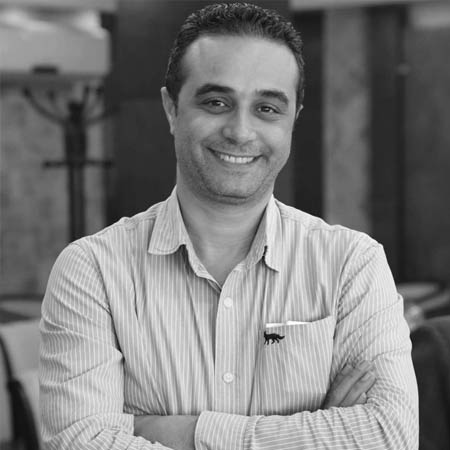
Mahmoud Alzant |
Second Workshop (Coinciding): Data Visualization
Data visualization Despite the prevalence of social media and digital tools, the unorganized unsystematic utilization of such means in advocacy fails to bring any noticeable effect into fruition as long as it is not embedded in digital advocacy rules and tactics. Having that noted, the digital advocacy workshop focuses on core hands-on digital strategies, tools and tactics that can help the missions of our Palestinian institutions and initiatives’ advocacy campaigns be complete and their voices be heard.
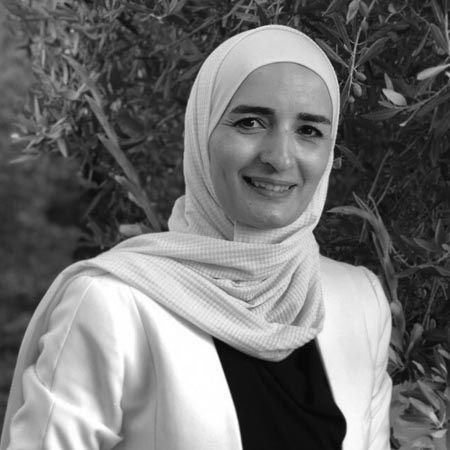
Hanadi Dwikat |
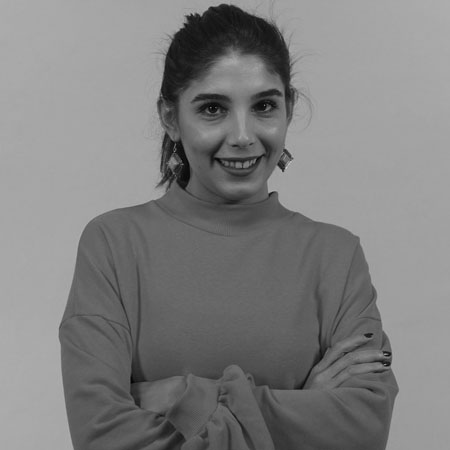
Sara Hteit |
Third Workshop:Best Practices for Political Campaigning and Communication
Palestinian governmental institutions and non-governmental organizations (NGOs) face several challenges that constrain their access to international platforms and global partnerships. However, these organizations can benefit from their digital platforms and media outlets to forge new partnerships just as effective as those created through face-to-face communication and offline campaigns. This workshop focuses on presenting the best and latest practices in political campaigning and communication that enable governmental institutions, NGOs, and political activists to launch campaigns and create cross-border communication channels to build better and more effective political structures and societies for groups and individuals.
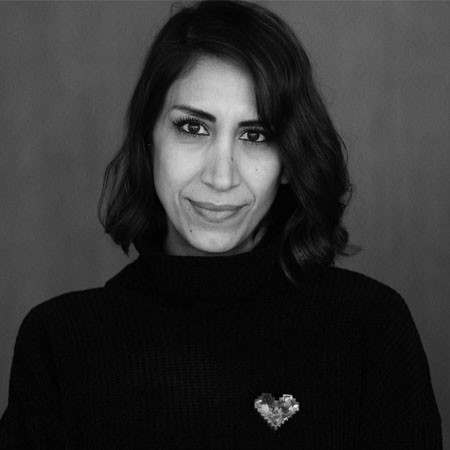
Marwa Hanna |

Juri Schnöller |
Fourth Workshop: News Coverage of Digital Rights
The principal characteristic of media coverage of human rights news in general and digital rights is language and coverage methods. Covering human rights issues requires a rich human rights dictionary based on international law and human rights and in-depth knowledge of local laws with an outlook on international laws and digital rights policies. Therefore, this workshop is set to provide journalists and media workers with advice and tips on the core fundamentals of media coverage of digital rights news to ensure comprehensive coverage.
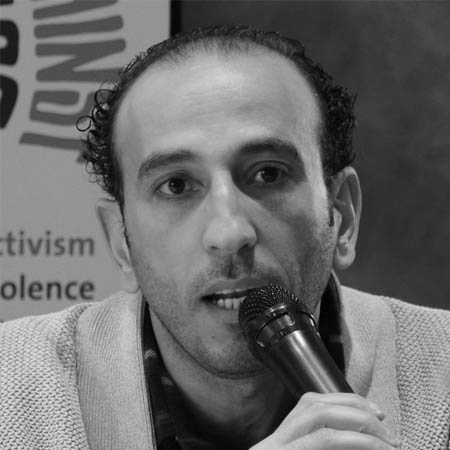
Said Abumualla |

Philip Di Salvo |
Webinar (Coinciding): Social Media During Election Times
Since the emergence of social media platforms, the shape of elections has changed around the world. Social media platforms have imposed restrictions on political advertisements and political content. In Palestine, this is the first time that we are witnessing elections in the era of social media, and for this there are many caveats and concerns that we need to be aware of before the start of the electoral process. For example, how will the Israeli occupation use social media platforms to influence the Palestinian elections? How can you reduce hate speech and misleading news during the election period? Will social media platforms be a new space to increase the opportunities for silencing opposition parties during the election period? All these and other questions will be answered in our event.
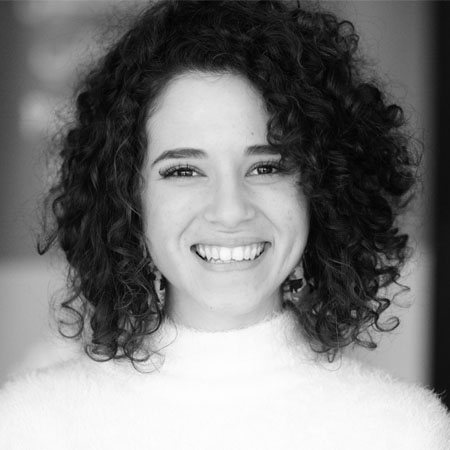
Shatha Sheikh Yousef |

Hussein Hammad |
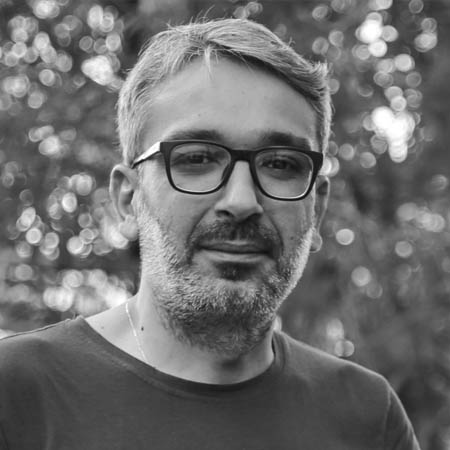
Mahmoud Al Afranji |
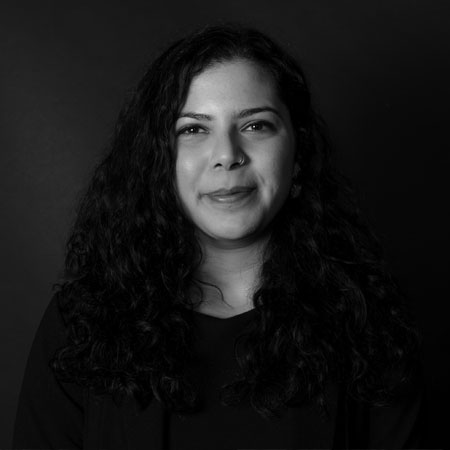
Maryam Hawari |
Fifth Workshop: How to Double-Check Fake News?
As citizen journalism spreads with more and more people taking part in transmitting news over the internet, false information increases across the web. Therefore, further effort is to be exerted to combat misinformation by raising awareness and equip social media activists and users with a pivotal toolkit to detect such information before being published. This session aims to equip the participants with the necessary skills to combat false news with the help of open-source, free, and accessible tools. The session will also broaden and cement the participants’ perceptions of false news that mushroom over social media and the internet in general.

Baker Mohammad Abd Alhaq |
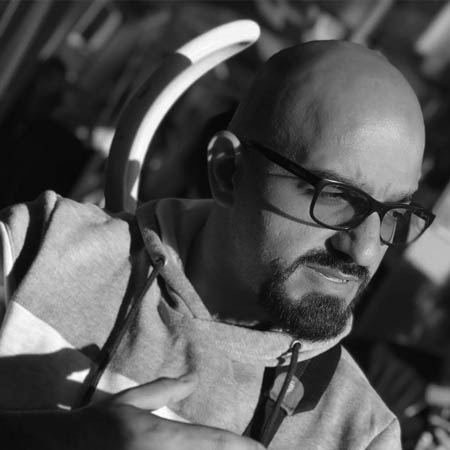
Mahmoud Ghazayel |
Sixth Workshop (Coinciding): Basics of Computer Programming for Children
Everyone in this country should learn how to program because it teaches you how to think.’ With these words, Steve Jobs underlined the instrumentality of programming and coding in the development of individuals and societies. This session is set to encourage children to learn programming by providing them with an overview of this field. As a new form of literacy, everyone needs to learn programming to upskill their performance and be up to the labor market’s par. This event targets children and youths interested in the current and future prospects of programming.
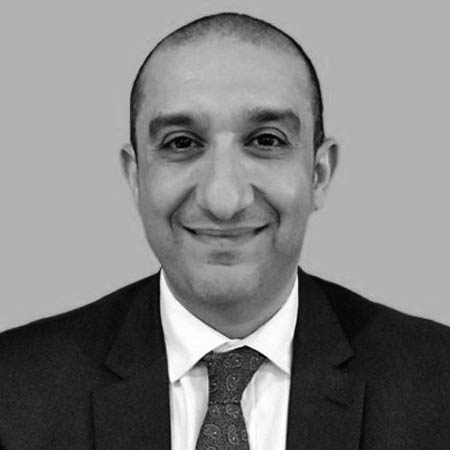
Hijazi Natsheh |
Seventh Workshop: Digital Security Solutions for Organizations and Individuals that Rely on Open Source
This workshop focuses on communication between teams and individuals, building collaborative work platforms on the Internet, and securely sharing and storing files based on open source programs.

Mohammad El Taher |
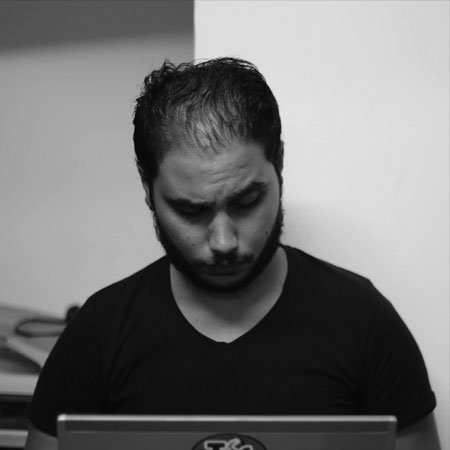
Mohamed Tita |
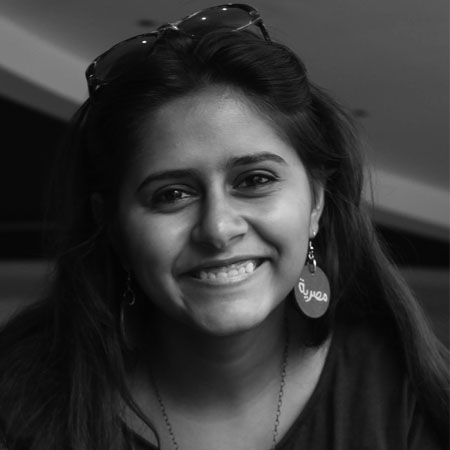
Sarah Mohsen |
Webinar: Digitization of Palestinian History and Memory
Palestinian content on social media is systematically attacked, erased, and silenced in an effort to obliterate the Palestinian narrative. In a similar vein, several historical facts related to the Palestinian cause are often distorted and changed. Against such acts, efforts are exerted to archive Palestine and the Palestinians and ensure the Palestinian narrative is preserved intact for the Palestinian generations. Archiving, gains further significance as it makes the Palestinian narrative and memory accessible to everyone. Therefore, this session is for showcasingPalestinian organizations’ experiences in archiving Palestinian histories, memories, and maps, shedding light on the major challenges and achievements along the way.
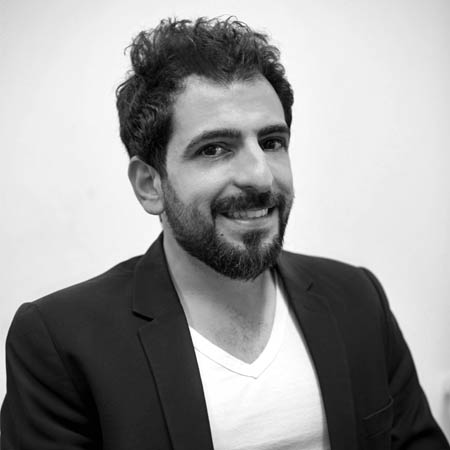
Tarek Bakri |

Salim Abuthaher |

Laura Albast |
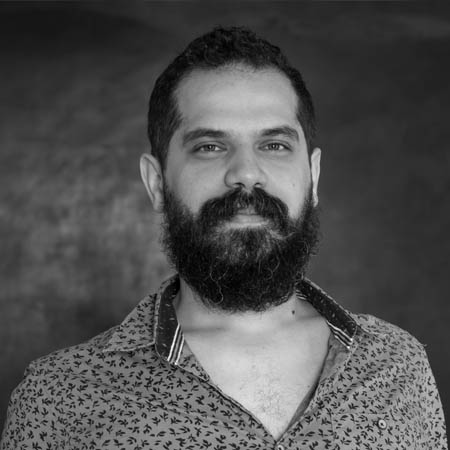
Majd Al-Shihabi |
First Workshop: Boost your Cause
This workshop targets small and independent business owners, and provides basic tips for them to help them invest in social media platforms to market their facilities and services in which they work.
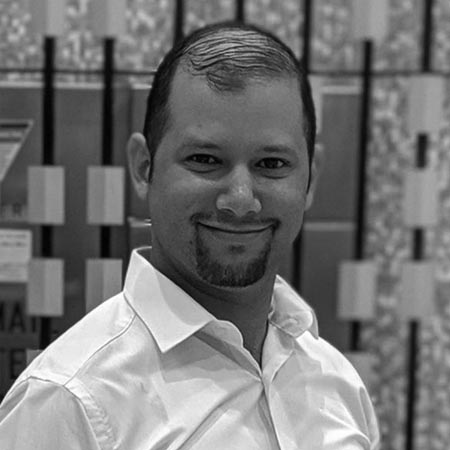
Ayman Qarout |
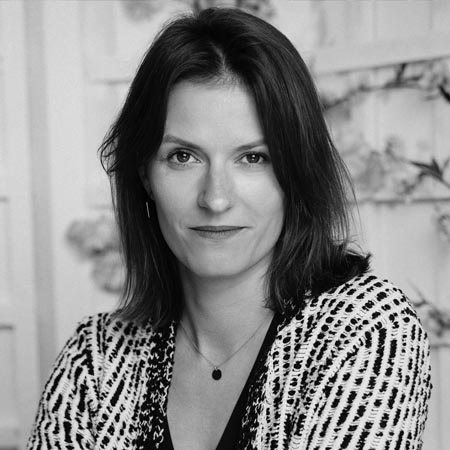
Inci Wittig |
Second Workshop: Twitter for Activism and Social Impact
This workshop, presented by the Director of Public Policy and Governments in the Middle East, Pakistan and Afghanistan, and Senior Public Policy Coordinators in the Middle East, North Africa, Pakistan and Afghanistan, helps us improve our use of Twitter to serve the goals of activists, movements and civil society organizations in their campaigns for social change, and to reach wider audience. It shares its presentation on updates on the most important privacy policies and tools on the platform. It opens the space for the attendees to ask their questions and hear the answers from the representatives of the company.

Mona Shtayya |
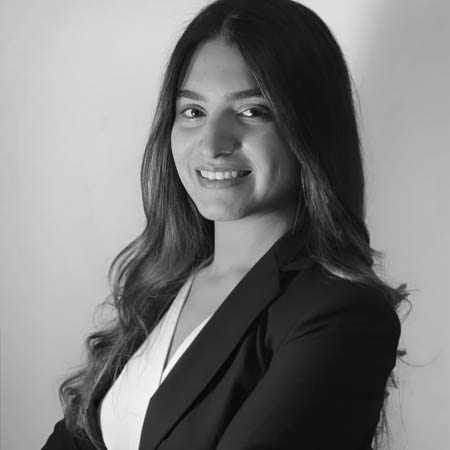
Jawaher Abdelhamid |

George Salama |
Third Workshop: Film Screening and Discussion: The Social Dilemma
The Social Dilemma’ documentary-drama explores the users and surfers of social media and most visited websites– most notably, FB, Twitter, Google, and Instagram. The film features information and insights by programmers and developers that used to work at these mega-platforms; moreover, some have supervised the development of techniques to attract the largest number of users before realizing that they were caught in these websites’ addiction trap. Having that hard-won experience, those tech experts sound the alarm on their own creations by raising awareness of fanatic users about the critical gravity of such websites. Some parts of the film are to be screened at this session while Dr Essam Daoud talks to us about the addiction, detox, and the impact of social media platforms on mental health.
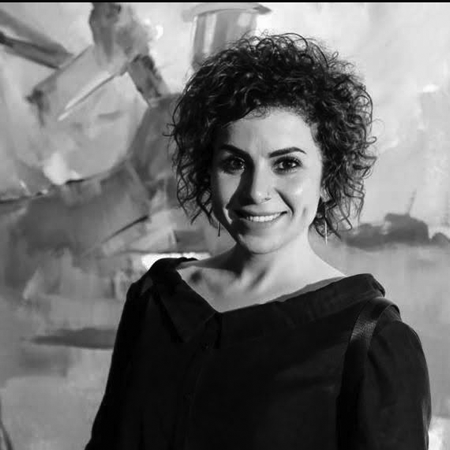
Elia Ghorbiah |
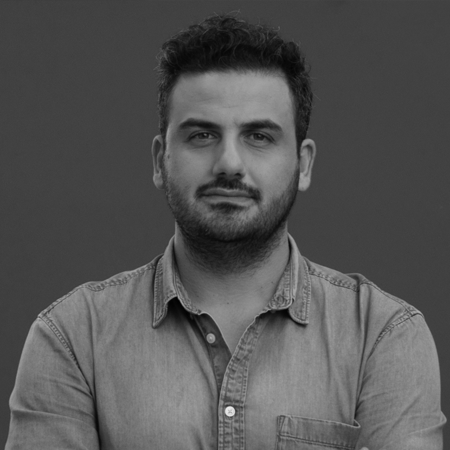
Essam Daod |
Fourth Workshop (Coinciding): Campji Role in Making the Refugees’ Voices Heard in Lebanon
This workshop presents the story of the Campji platform. It sheds light on its team’s experience in creating digital content from the heart of the Palestinian refugee camps in Lebanon to make the refugees’ stories, issues, and voice heard. It also aims to affect their environment and improve the reality they are forced to outlive.
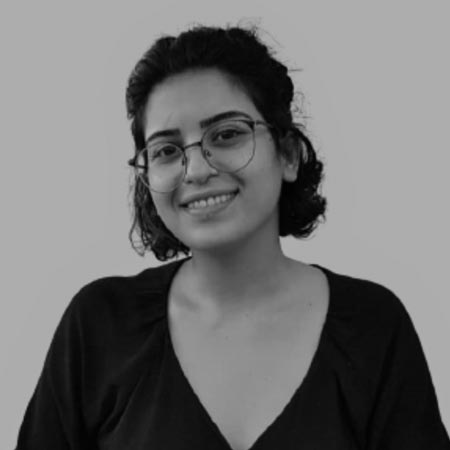
Rosalin Hussary |
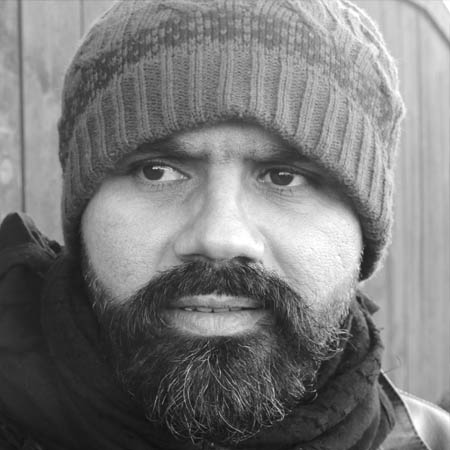
Hicham Kayed |
Fifth Workshop: Digital Safety for Parents
Over the past years, 7amleh – The Arab Center for the Advancement of Social Media has trained thousands of Palestinian youths, children, and non-governmental organizations on digital safety. However, the Digital Safety Among Jerusalemite Children and Youth report, which was published by 7amleh in 2020, shows that around 87% of children and youth rarely or never participate in political discussions online due to fear of prosecution and surveillance by their families, communities, and the Israeli occupation. The report recommends that digital safety training courses be provided for counsellors and parents at equal footing. This session is devoted to build up the capacity of counsellors and parents on digital safety to ensure they can provide a safe and nurturing environment for their children in this world.
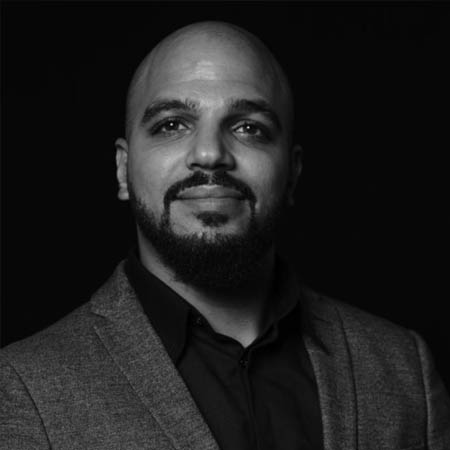
Samer Hussam |
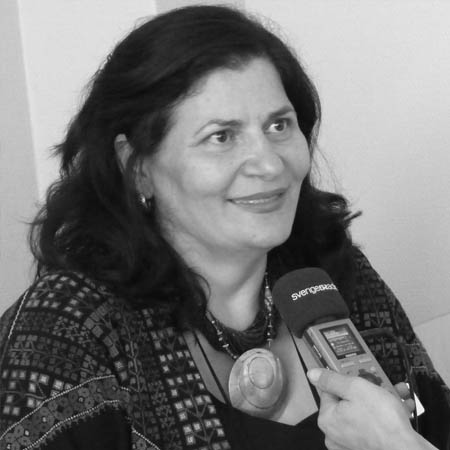
Hanaa Al-Ramli |
Sixth Workshop (Coinciding): Digital Documentation of Human Rights Violations
Documentation of human rights violations is of paramount importance. It warrants a comprehensive and sophisticated effort to promote and advocate human rights, raise awareness of their vitality and document their violations to hold perpetrators accountable, do justice, and address victims. With the help of digital tools and means, all can take part in reporting human rights violations. Nonetheless, we need to know how to use the technological and digital tools by acquiring the knowledge, skills, and devices to use video technology to document any human rights violations according to the best digital and legal practices.

Rami Haider |
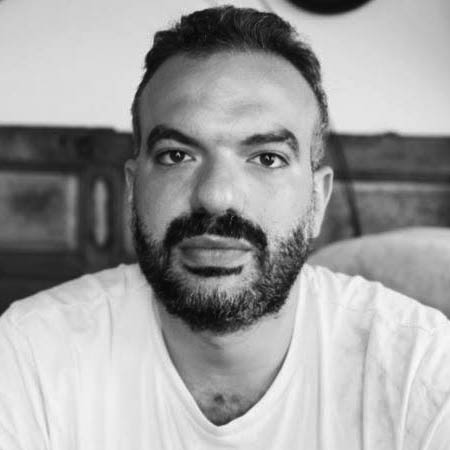
Mahmoud Saber |
Seventh Workshop: How to Utilize Digital Tools for Philanthropy
Within the decrease in the available funding for civil society organizations and the increase in the conditions of donors, institutions have increased their belief in the necessity of finding financial resources in support of the grants they receive, such as searching for donations and individual support for these institutions. This is why we are holding this workshop to build the capacity of institutions in harnessing technological tools to recruit more funds for social change and charitable work and to benefit from the work other institutions followed in this field.
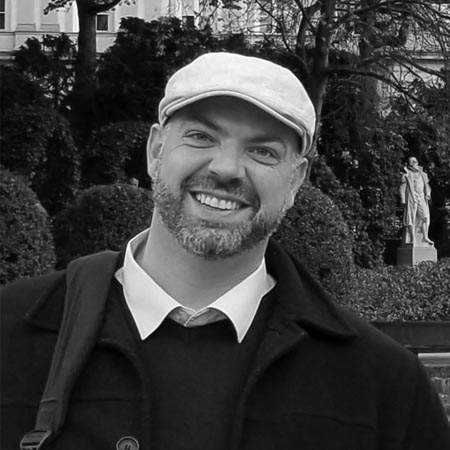
Samer Daoudi |
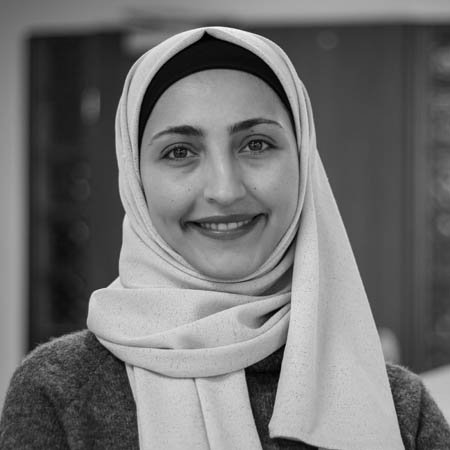
Lama Amr |
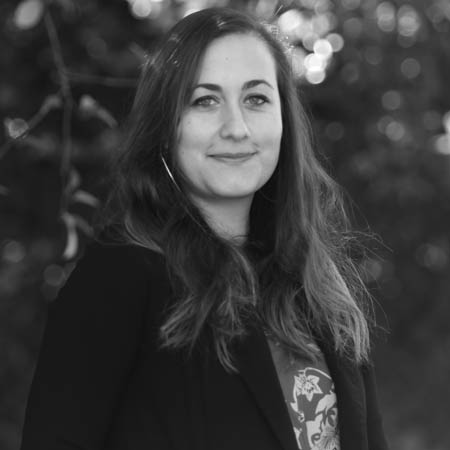
Dana Kardoush |
Eighth Workshop: How to Train Digitally? Technical Tools and Digital Interaction and Rresence (Two Sections)
Since the COVID-19 pandemic outbreak, we turned to digitize most of our activities, including studying. After almost a year, we still get bored sitting in some virtual lectures and training courses that lack basic body language or interactive activities found indigital lectures and training courses. This impression also applies to the training courses and events that lack professional technical tools that can be wielded to boost communication with attendance. To that end, this session provides the most crucial tools and hands-on tips to engage attendance at our digital lectures, seminars, and workshops.
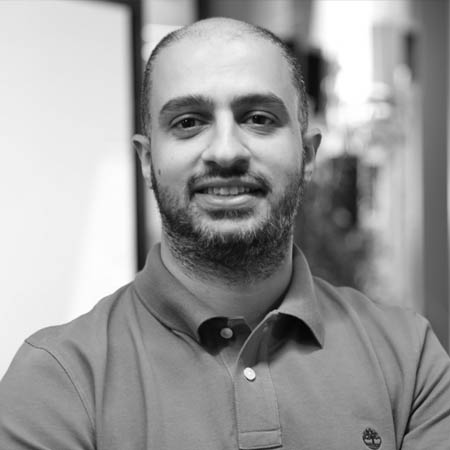
Hazem Tirhi |

Saleh AL-Hanash |
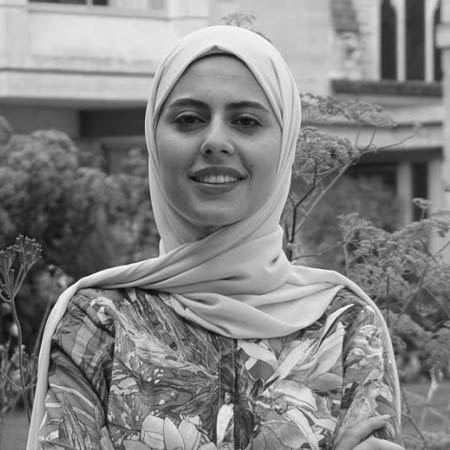
Faten Jebai |
Round Table: Gender Based Violence How Social Media Platforms Contribute to Stereotyping Women?
Social media has contributed to the stereotyping of women by laying down beauty standards, objectifying women, and creating a traditional image of the women performing specific social and professional roles. In parallel, social media has created a standard image of strong/radical/rebellious women. Regardless of the intentions and rationale behind such images, all have negatively misrepresented women. Nevertheless, the foundations of such stereotypes are to be explored. In the same vein, female activists and media and women’s organizations should reflect on how to combat such misrepresentations. To that end, this session is to provide space to discuss the variegated stereotypes of women that have been reinforced by social media and reflect on possible ways to dispel them.
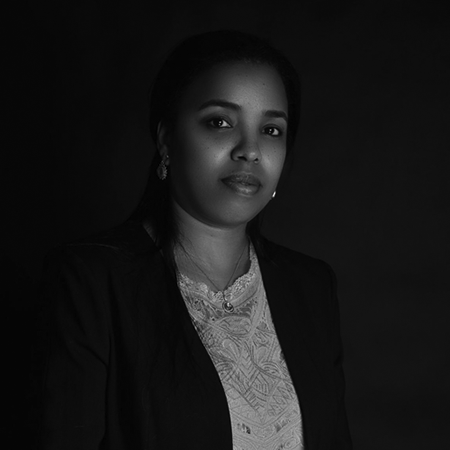
Reem Amer |
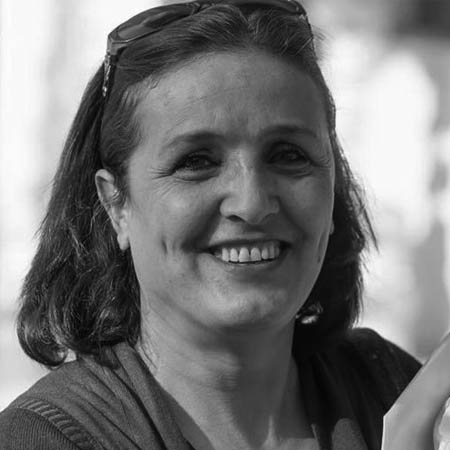
Suheir Farraj |
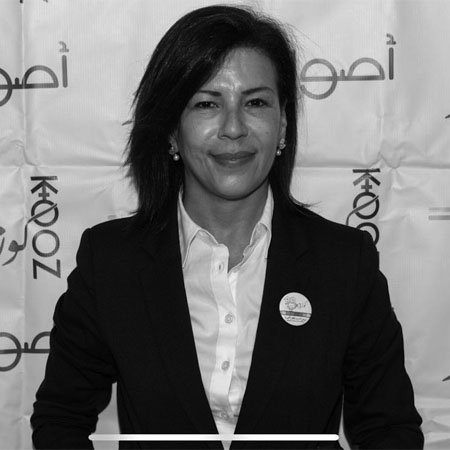
Ghadir al Shafie |
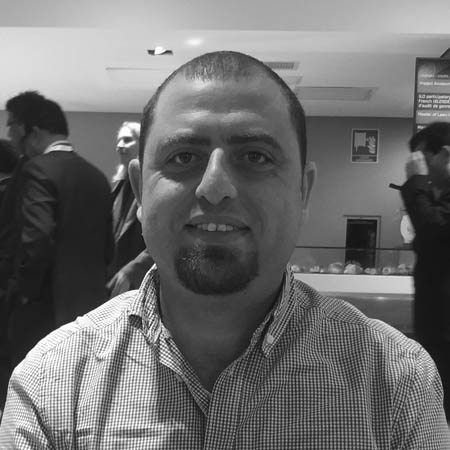
Fadi Touma |
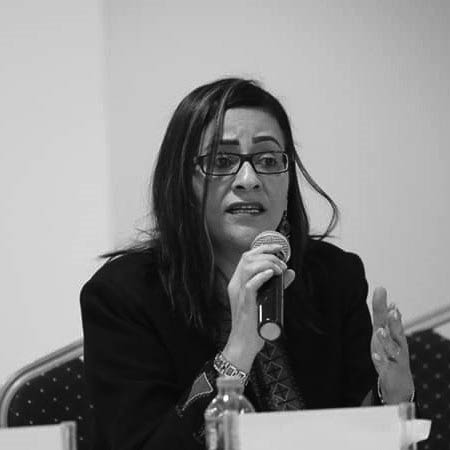
Wafa’ Abdel Rahman |
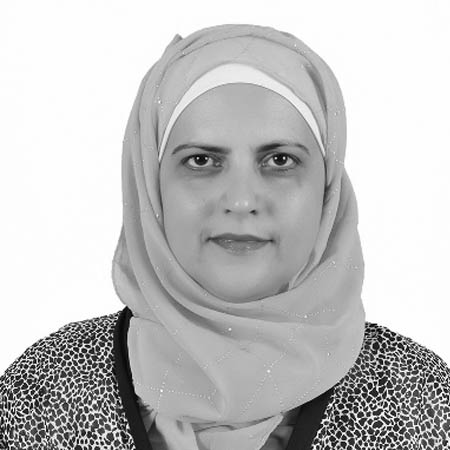
Sana Al Asi |
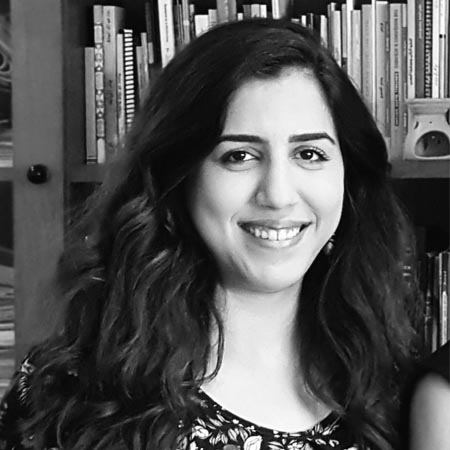
Jumana Ashqar |
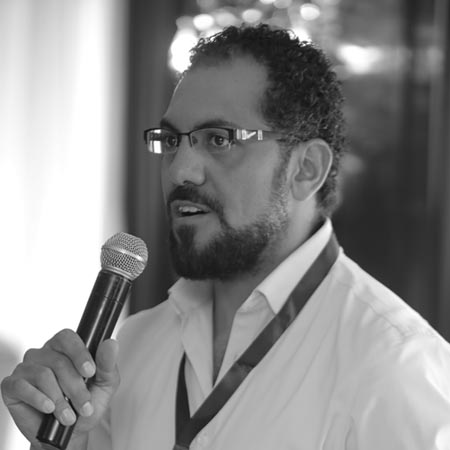
Emad Karim |

